The Sustainable Products We Lusted After
While a few long-established brands dominated the market thanks to their classic ethical products, demand for contemporary, eco-friendly labels like Reformation, Nanushka and Mara Hoffman also drove searches year round. Sustainable denim and footwear were two key categories, with the most wanted products ranging from jackets to backpacks.
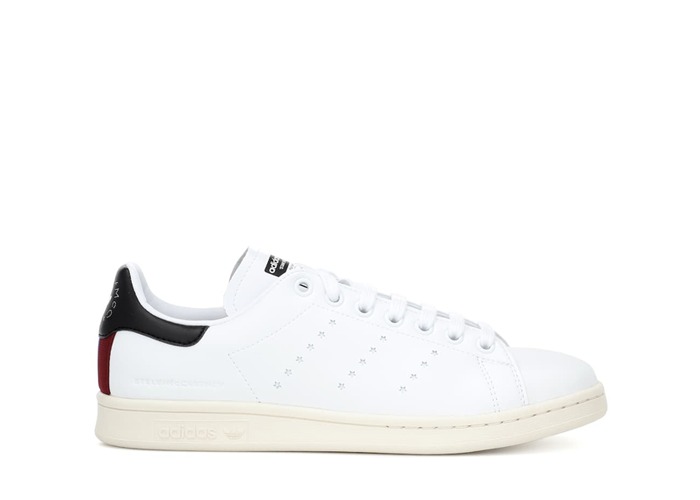
Stella McCartney x Stan Smith Faux-Leather Sneakers
- In September 2018, Stella McCartney released the first ever vegetarian Stan Smith trainers in collaboration with Adidas, causing a surge in searches for the brand.
- In the six months following the release of the Stella x Stan Smith Faux-Leather Sneakers, searches for the brand have gone up by 21%.
- They were the most searched sustainable sneakers on Lyst, making them the a best selling product for the Stella McCartney brand.
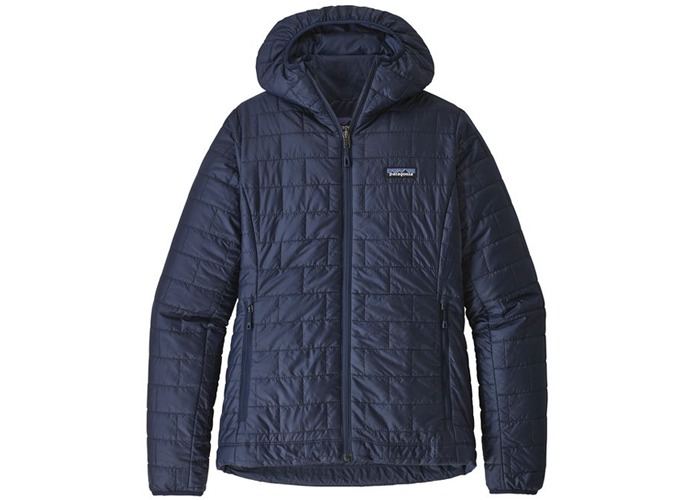
Patagonia Nano Puff® Hoody
- The 100% recycled polyester and water resistant Nano Puff® Hoody jacket from Patagonia has made the top of the list for women’s most wanted ethical products.
- Searches for the brand have increased 66% over the past six months, with customers responding to its strong values and ethics.
- This quarter, Patagonia also enjoyed a well earned time in the spotlight, with its Classic Retro-X™ fleece jacket ranking amongst the world’s hottest men’s products in the Lyst Index report.
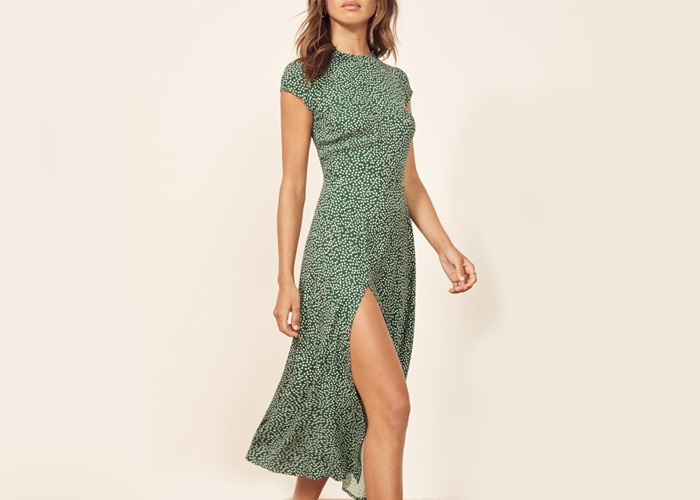
Reformation Clothing Gavin Dress
- As one of the most consistently talked about sustainable brands, Reformation Clothing was the second most wanted Instagram brand in 2018 according to Lyst’s Year in Fashion report.
- Searches for Reformation clothing have been on the rise, with its eco-friendly Gavin dress surging a 4,650% spike in fashion searches.
- Along with Reformation’s Rou dress, the Gavin dress generated the most page views for the brand on Lyst from September to December.
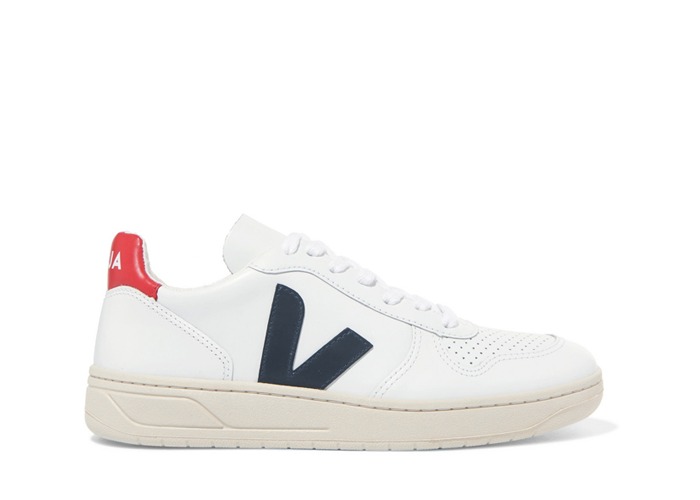
Veja V10 Sneakers
- Eco-friendly brand Veja entered the Lyst Index for the first time this quarter thanks to the Veja V10 sneakers.
- Championed by the likes of Emma Watson and Meghan Markle, the Veja V10 sneakers were the first ever fully ethically made product to make the world’s hottest products list in the latest Lyst Index.
- Since the Duchess of Sussex was spotted wearing a pair of Veja shoes in October 2018, searches for the brand have increased by 113% YoY.
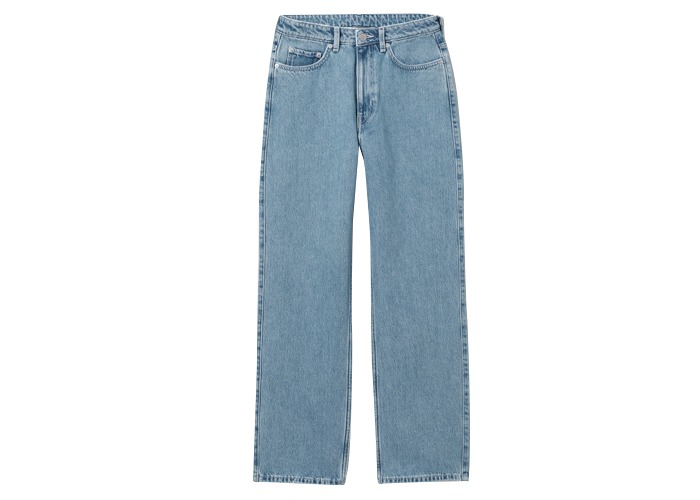
Weekday Row Sky Blue Jeans
- Demand for sustainable denim is on the rise, with the Weekday Row Sky Blue Jeans being one of the top most wanted ethical denim products of the year.
- Made from 100% organic cotton, these jeans were one of the most popular items this quarter.
- Since the beginning of September, “Weekday jeans” have seen an 80% rise in searches, while demand for the brand has increased by 72% YoY on Lyst.
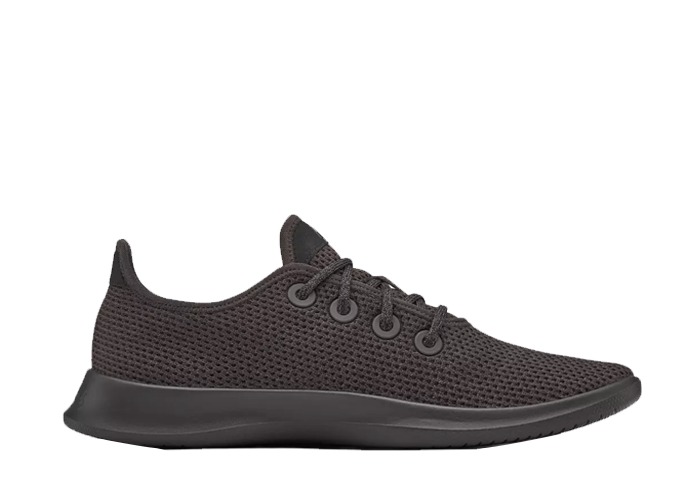
AllBirds Tree Runners
- This year, one of the most wanted pair of environmentally-friendly sneakers have been the AllBirds Tree Runners, which have been as popular with men as they were for women.
- In the past two months, searches for the brand were up 29% on Lyst.
- Meanwhile, general searches for “AllBirds shoes” have grown by 170% YoY.
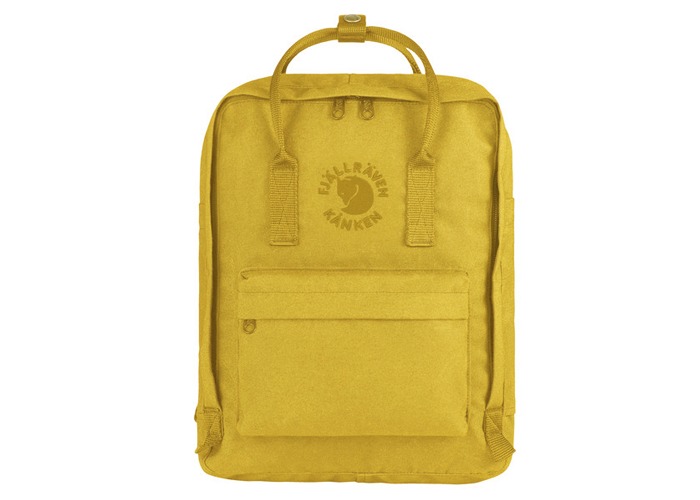
Fjallraven Re Kanken Backpack
- Since launching its most sustainable Kanken backpack ever in 2016, Fjallraven has seen a constant increase in searches of 25% YoY.
- With searches rising 85% in August following the news of the collaboration with Acne Studios, the ethical Swedish brand has gone from strength to strength in 2018.
- Its environmentally friendly Re-Kanken Backpack, which is made of recycled plastic bottles, has become one of the most searched for products on Lyst.
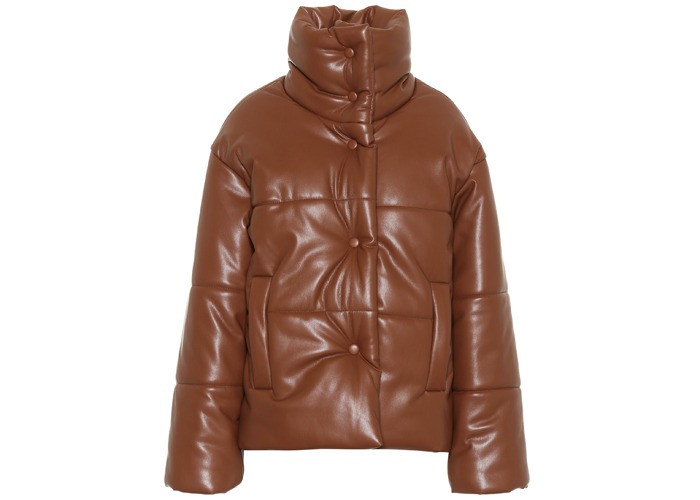
Nanushka Vegan Leather Puffer Coat
- Nanushka, fashion favourite since 2018, dominated New York Fashion week with its Hide Vegan Leather Puffer Jacket.
- Searches for the Hide Vegan Leather Puffer Jacket have increased by 30% on Lyst since the beginning of January.
- Worn by the likes of Kendall Jenner and Gigi Hadid, this handy coat quickly became one of the hottest vegan products of the year.
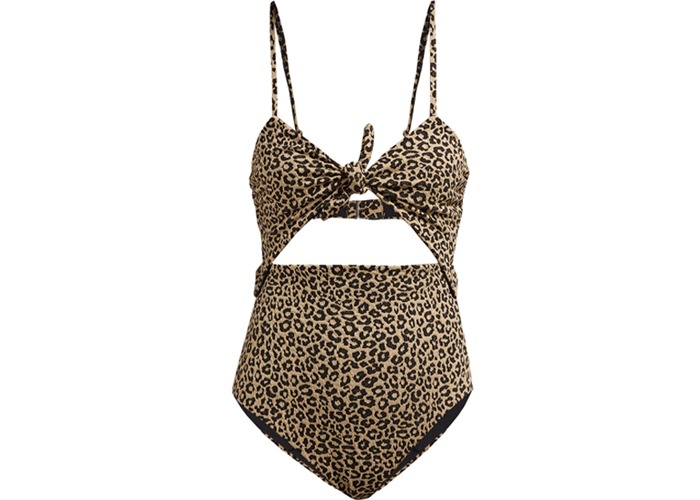
Mara Hoffman Kia One Piece Swimsuit
- Since the beginning of January, online searches for Mara Hoffman swimwear have increased by 139% on Lyst.
- The brand’s Kia One Piece Swimswuit has sparked thousands of pageviews on Lyst all year long, with interest building up long before the beginning of beach season.
- With its fun and colourful designs, Mara Hoffman is one of the hottest ethical swimwear brands of the moment.
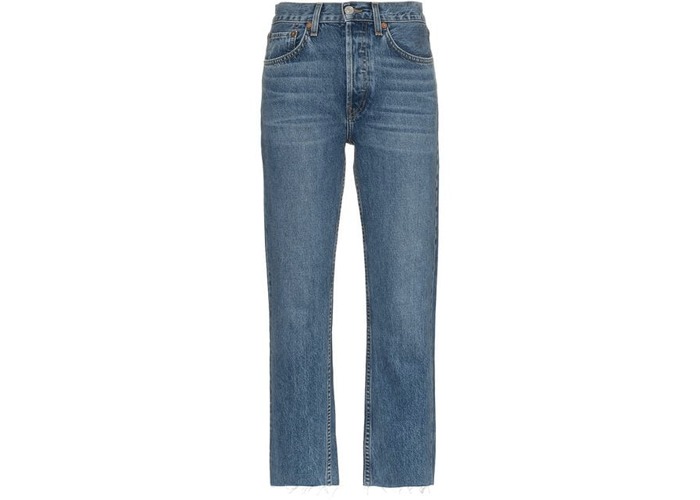
Re/Done Originals High-Rise Stove Pipe
- Known for repurposing vintage Levis jeans, Re/Done is another sustainable denim brand that has found itself on the list of the most wanted ethical brands of the year.
- A favourite among celebrities such as Kaia Gerber, the Hadid sisters, Emily Ratajkowski, and Kourtney Kardashian, searches for the brand have increased by 16% YoY.
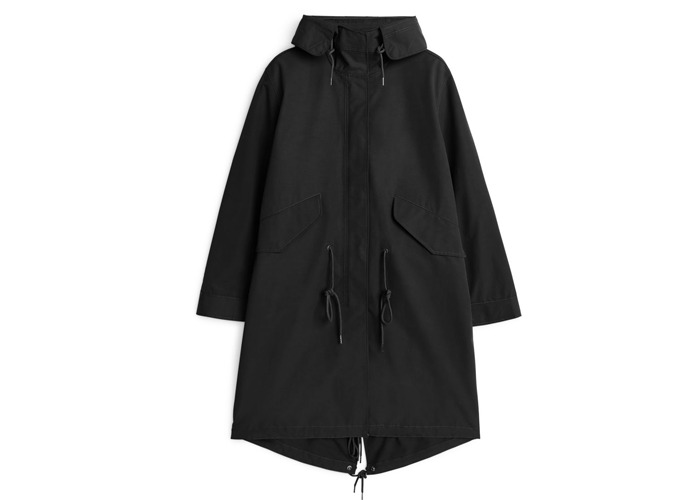
Arket Women's Fishtail Parka
- Made entirely from recycled materials, the Arket Fishtail Parka has been the brand’s most searched product for the past 12 months, making it one of the most wanted sustainable products in the list.
- Online searches for the brand itself have also been increasing, with searches for “Arket Parka Coats” increasing by 56% since October.
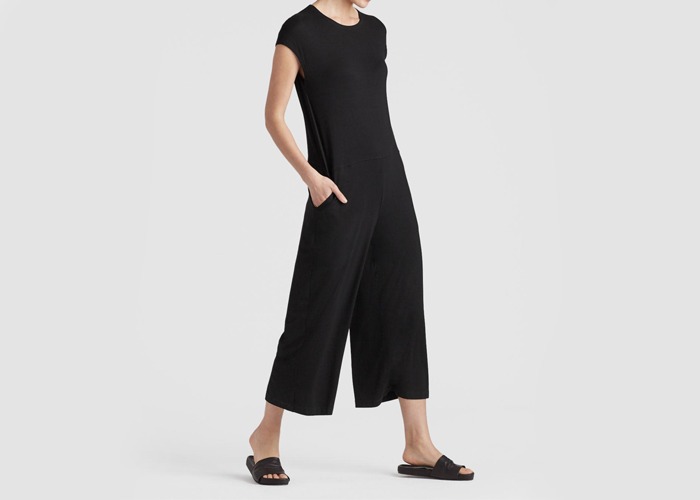
Eileen Fisher Jersey Cap-sleeve Jumpsuit
- Eileen Fisher’s forward thinking sustainable practices and minimal approach to design have helped her brand go from strength to strength in the past 12 months.
- Online searches for the brand have increased by 10% QoQ on Lyst, with the lightweight jumpsuit becoming one of the top most wanted ethical products.
The Big Green Search
Not all green searches are the same, and sustainability encompasses a great number of different terms. From sustainable denim to zero waste, eco-friendly leather and organic cotton, interest in sustainable fashion is undeniably growing; but some key-words are making more of an impact than others.
Among the millions of social impressions caused by general online searches for sustainable fashion, a few specific terms stand out. Since October, searches for vegan leather increased by 119%, often being associated with “bags” and “shoes” meanwhile, the term “vegan fashion” was responsible for over 9.3 million social impressions.
Since 2018, Lyst saw a 66% increase in searches for sustainable fashion, which included sustainable related keywords like “ethical brands” and “econyl.” As for “organic cotton,” searches increased by 16% YoY, while consumers’ growing interest in “sustainable denim” resulted in a 187% increase in page views for sustainable denim brands.
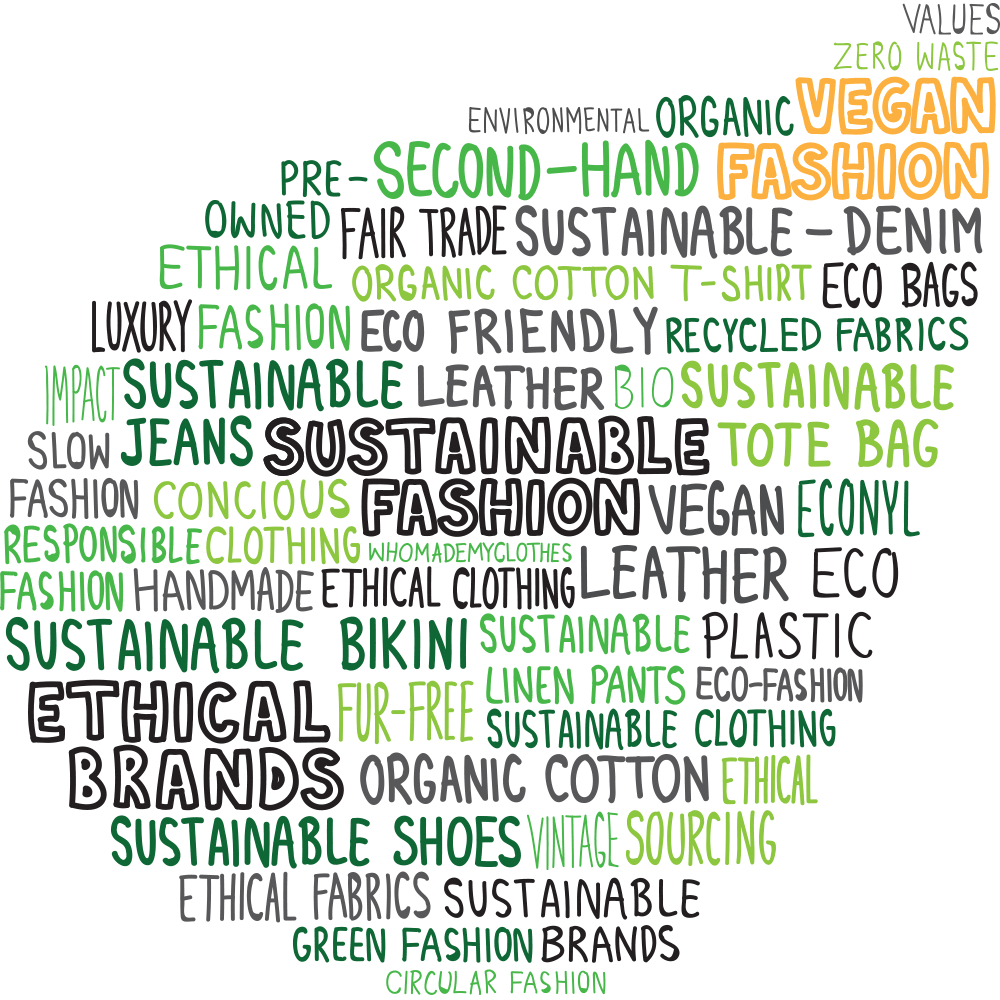
The Rise in Pre-Loved Luxury
With luxury resale quickly becoming one of the best ways to get into sustainable fashion, we partnered with some of our resale partners to understand more about this growing movement. By combining Lyst data with our partners’ insights, we took a closer look at the state of the circular economy in luxury fashion.
Over the last year, we saw an increase of 329% of traffic to luxury resale products on Lyst. According to Vestiaire Collective, the most wanted brands to buy pre-owned are currently Chanel, Louis Vuitton, and Gucci, followed by Hermès, Prada, Dior, Celine, and Burberry.
The average amount spent when buying second-hand luxury items generally is above $500 and below $1,000, an amount that all our partners agreed on.
When it comes to buying pre-owned luxury items, the most popular category on Vestiaire Collective is handbags, with the classic Chanel bags, the Louis Vuitton Neverfull, and the Balenciaga City being especially sought after. Other popular second-hand categories are shoes and jewellery.
According to The Luxury Closet, customers are uploading more and more products to the site every week. In fact, there has been a 50% year on year increase in upload numbers on resale platforms, and Luxury Garage Sale estimates that approximately 800 items are added to the site every week.
Trend-led searches are also influencing the demand to pre-owned items. Over the past year, there has been a 62% increase in searched for vintage logo pieces from brands such as Fendi, Dior, and Louis Vuitton on Lyst.
According to The Real Real, demand for Louis Vuitton bags designed by Virgil Abloh, Off-White x Nike sneakers, Raf Simons and Supreme pieces, as well as Céline clothing from the Phoebe Philo era all saw an increase in demand in the last quarter of 2018.
Sustainable Icons Revolutionising the Fashion World
Sustainability only recently became a buzzword in the fashion world, but a few famous faces have long been pushing for a change in the industry. Whether by making a statement on the red carpet or by investing in new technologies and companies that will make a difference, these inspiring sustainable icons have been trying to change our fashion habits for the better.
Emma Watson
Emma Watson has had sustainability in mind for a long time. In 2011, she partnered with Alberta Ferretti to launch the eco-conscious collection Pure Threads; in 2016, she made sure that most of her costumes on Beauty and the Beast were eco-friendly; and the following year, she created The Press Tour, an Instagram account that she used to highlight her tour wardrobe and raise awareness on sustainable fashion and beauty brands. In 2018, the actress and UN ambassador guest-edited the March issue of Vogue Australia, in which she talked in detail about “thoughtful fashion.”
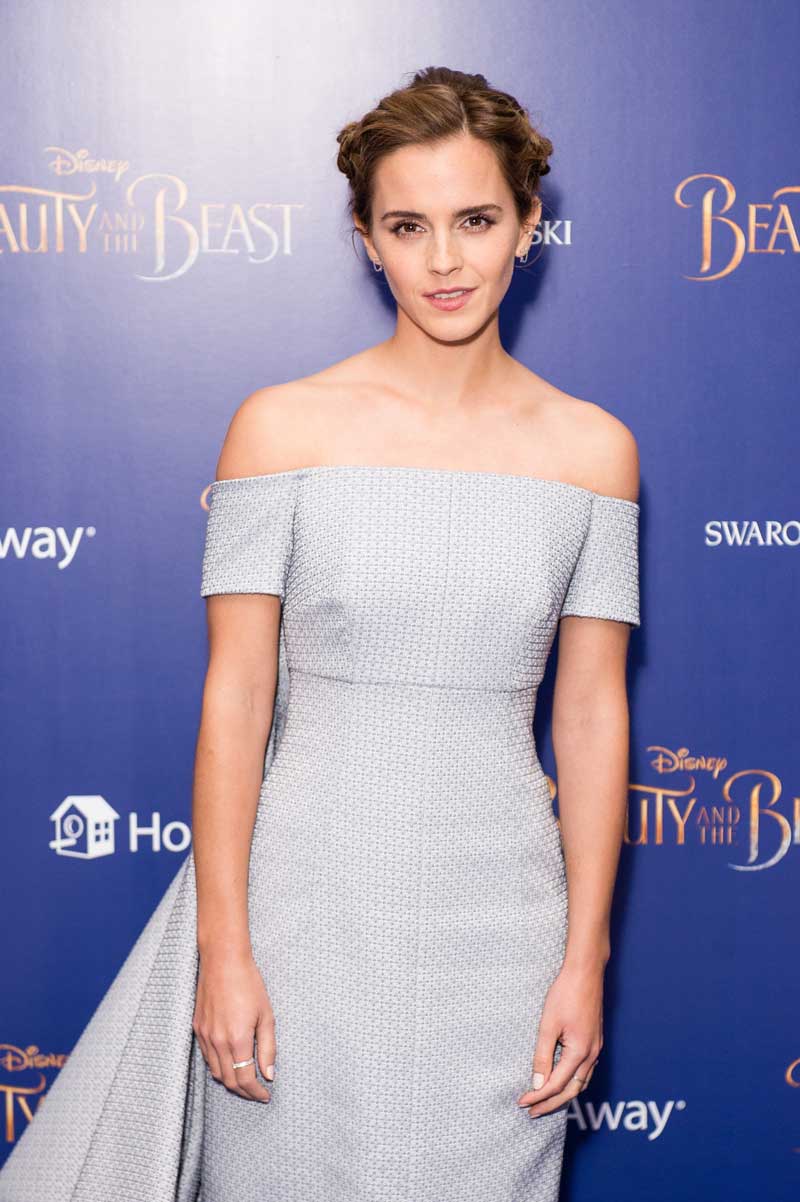
Richard Quinn
Thanks to digital printing, designer Richard Quinn uses up to 70% less water and 80% less energy; and by being able to deliver exact quantities of garments to retailers, he has also been able to reduce waste. In 2018, he was awarded the very first Queen Elizabeth II Award for British Design, a recognition awarded to designers showing “exceptional talent and originality, whilst demonstrating value to the community and/or strong sustainable policies.” In 2019, this new coveted prize went to Bethany Williams, who uses recycled materials and fabrics in her collections.
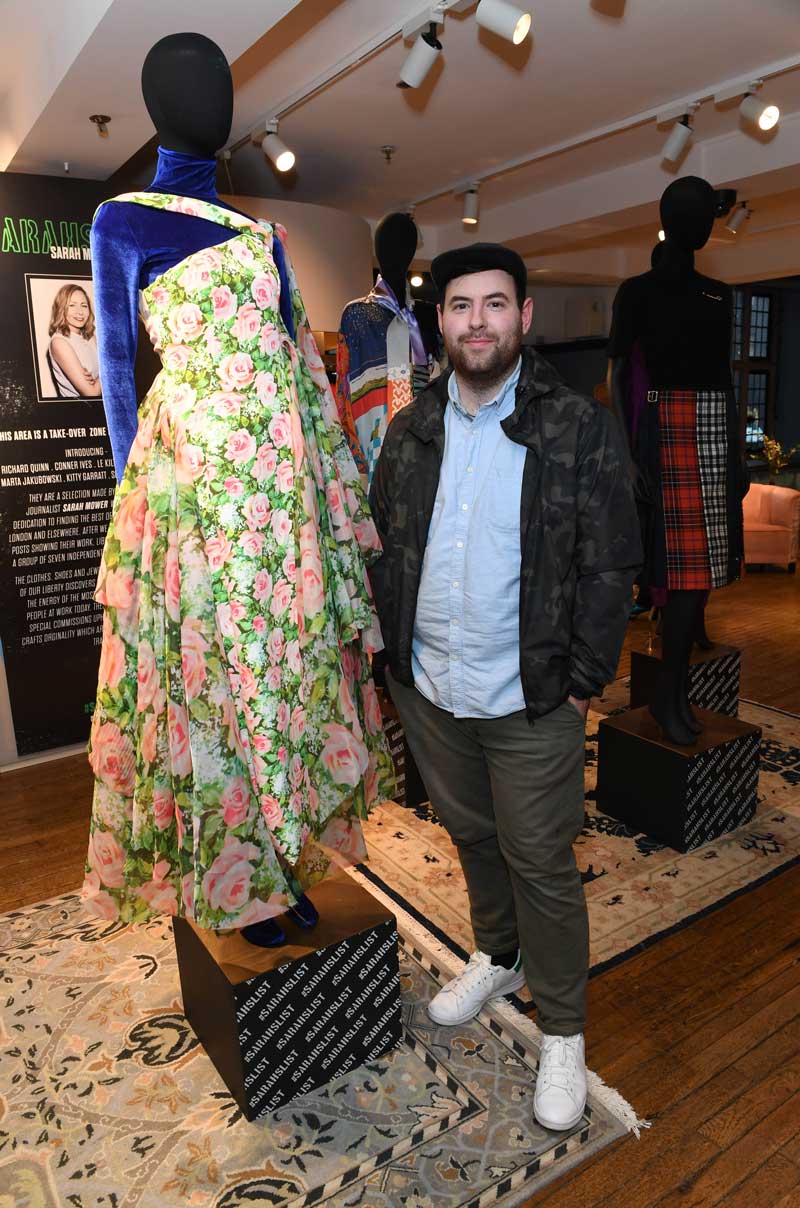
Livia Firth
Back in 2009, Livia Firth founded Eco Age, a “specialist sustainability and communications consultancy” that provides bespoke sustainability solutions for brands and whose clients include Stella McCartney, Gucci, Chopard, and M.i.h Jeans. Since then, she has also launched the Green Carpet Challenge, which puts sustainability in the spotlight, as well as the Green Carpet Fashion Awards, which aim to “celebrate the values and commitment of a network of designers, producers and manufacturers.”
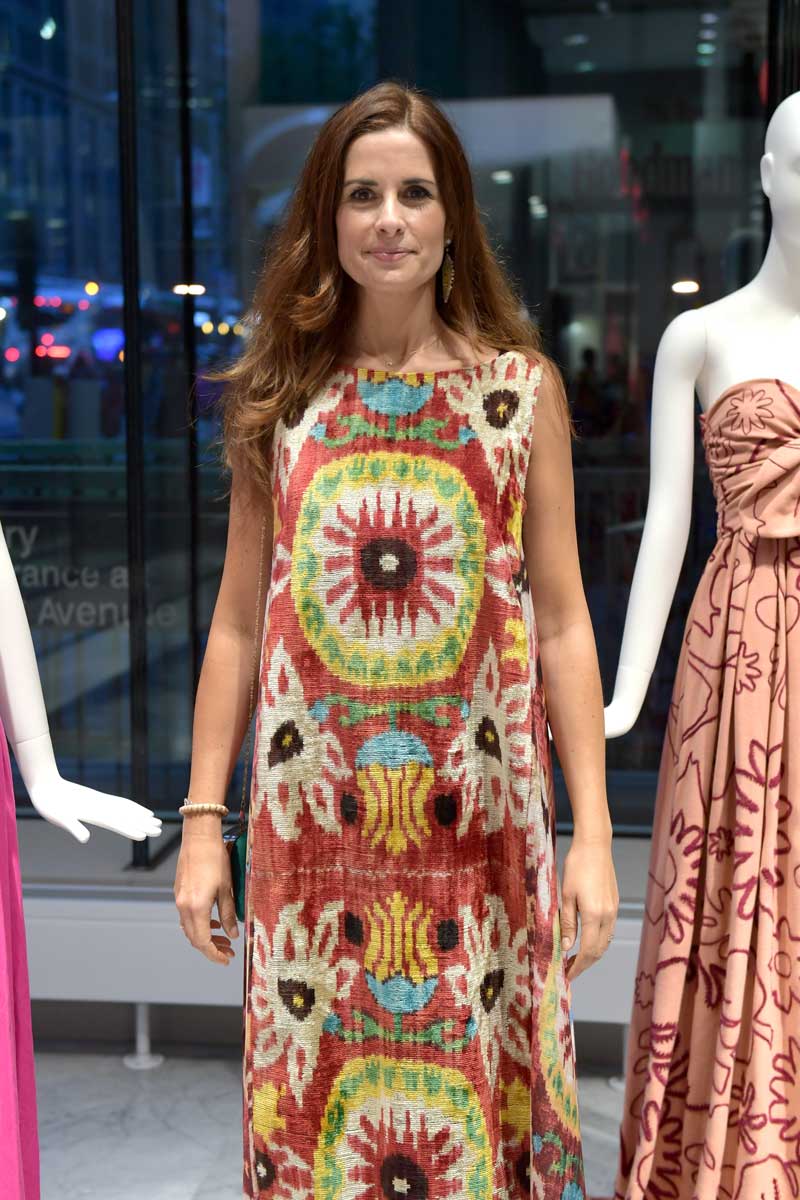
Meghan Markle
Since being thrown into the spotlight, Meghan Markle has been championing a few sustainable brands including Stella McCartney, Misha Nonoo, and Gabriela Hearst. When she was spotted wearing a pair of Veja 10 trainers in October 2018 during a tour of Australia, searches for the brand increased by 113%, making its sneakers the first fully sustainably-made product to have entered the Lyst index since its creation; and when she stepped out in a pair of skinny jeans from sustainable denim brand Outland Denim, not only did they sell out in an instant, the company’s global sales increased by 2,374%, and its traffic grew by over 3,000%. The Duchess of Sussex is also known for often re-wearing her favourite pieces, something which her sister-in-law Kate Middleton has also been praised for.
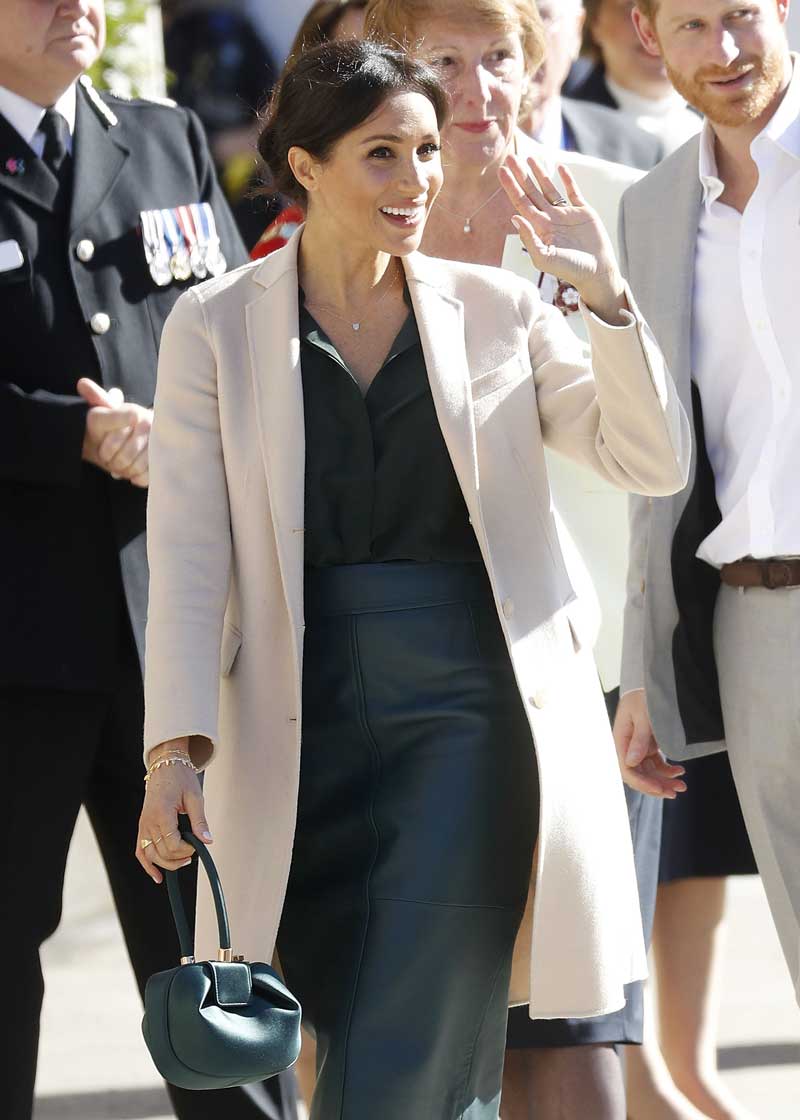
Stella McCartney
Since launching her eponymous, fur-free and leather-free brand in 2001, Stella McCartney’s ethical designs have become an integral part of the fashion scene. Since then, the designer has launched a successful, cruelty-free sportswear range with Adidas and created one-off collection for H&M that featured pieces made from organic cotton. On top of even more partnerships, she has also designed dresses for Livia Firth and the Green Carpet Challenge, and been featured in the The True Cost documentary. Today, Stella McCartney prides herself on being at the helm of a vegetarian company. None of her products contain any leather, fur, exotic skins or even feathers, and none of the glues used come from animal origins.
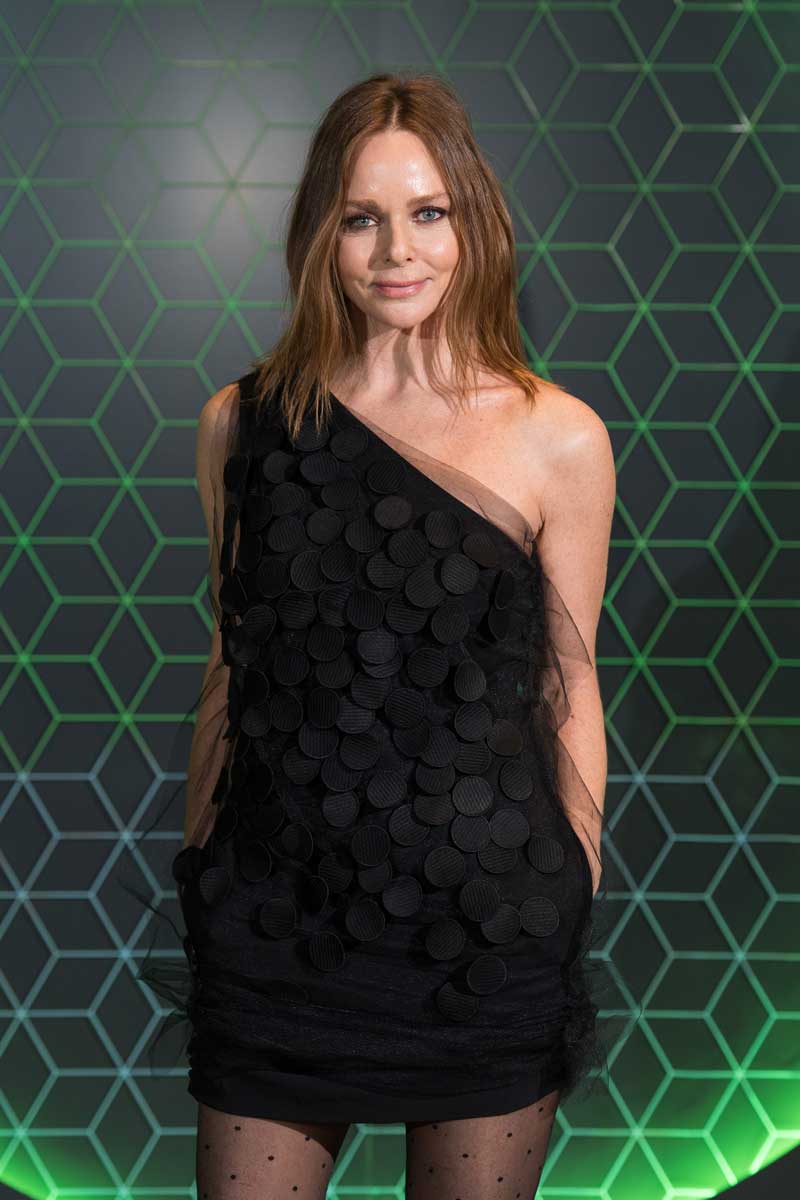
Carry Somers and Orsola de Castro, Fashion Revolution Founders
After the Rana Plaza factory collapse that killed 1138 people in Bangladesh in 2013, Carry Somers and Orsola de Castro founded Fashion Revolution, a global movement that aims to “unite people and organisations to work together towards radically changing the way our clothes are sourced, produced, and consumed, so that our clothing is made in a sage, clean and fair way.” Through this movement, the self-proclaimed “pro-fashion protesters” duo are helping people and brands recognise that they have the power to make a positive impact in the industry. With the launch of the Fashion Revolution Week and #whomademyclothes campaign, they are also trying to encourage brands and producers to demonstrate transparency.
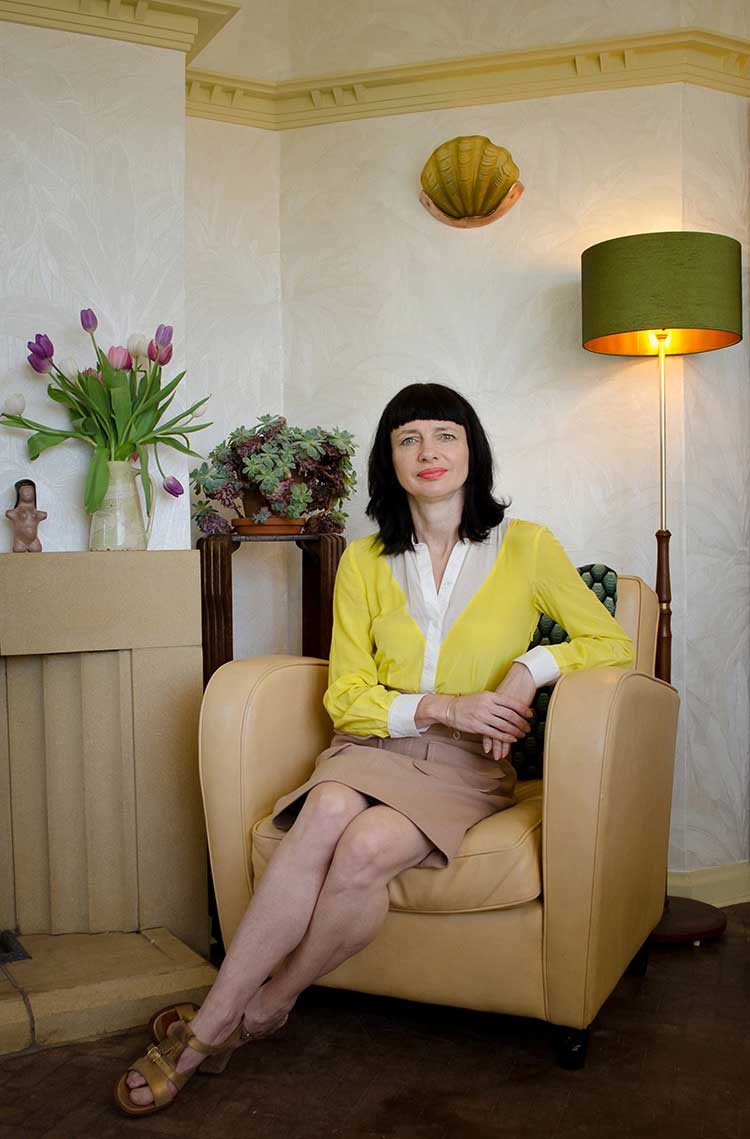
Pharrell Williams
In 2010, singer, producer, entrepreneur and fashion designer Pharrell Williams became the creative director and third partner of Bionic, a company that uses recycled plastic from the ocean to create clothing. Their first product hit the market in 2014, when they collaborated with G-Star RAW to create RAW for the Oceans, a line that included denim products made from synthetic yarns. In February 2016, Williams was announced as the new co-owner of G Star Jeans, which focuses on minimising its environmental impact by “taking a circular approach to how denim is both made and used.” Just two years later in February 2018, the brand unveiled its “most sustainable jeans ever”, which are made from 100% organic cotton and grown without any synthetic fertilisers or toxic pesticides.
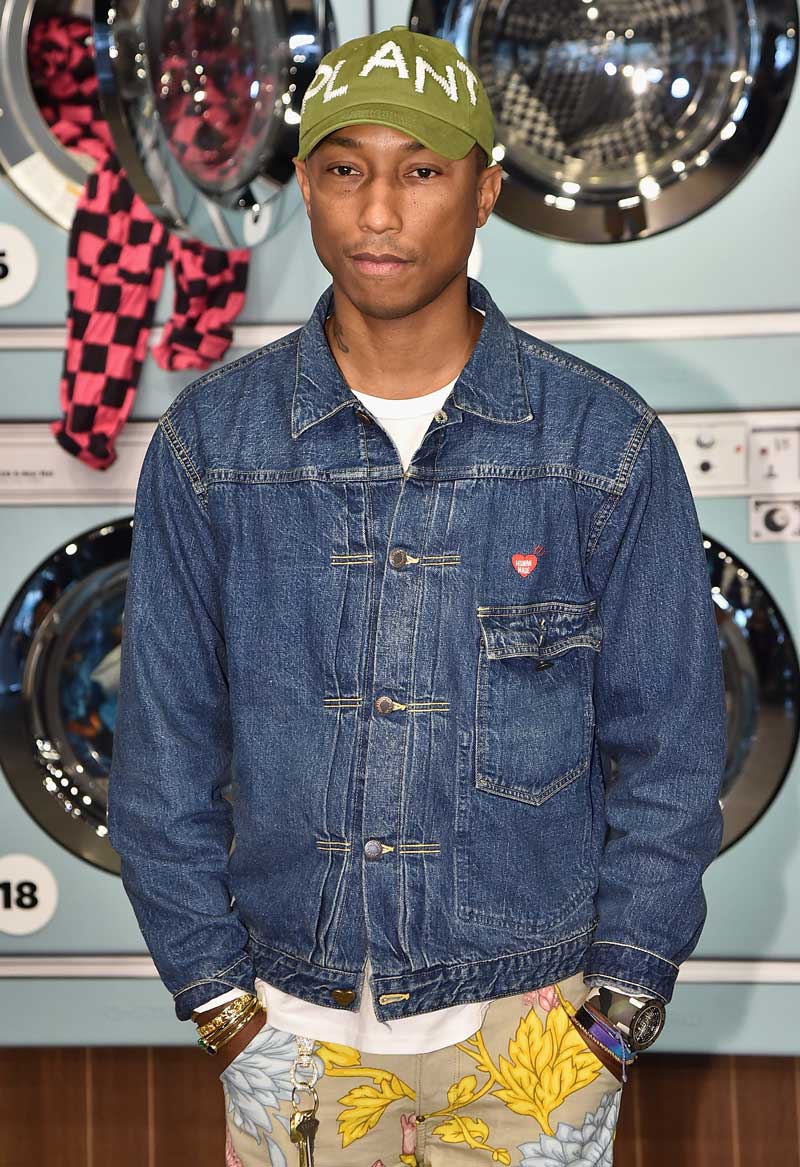
Rosario Dawson
In 2013, Rosario Dawson and her business partner Abrima Erwiah founded Studio One Eighty Nine, a fashion lifestyle brand that works with artisanal communities in Africa and aims to empower, create jobs and support education and skills training. In June 2018, the duo won the prestigious CFDA x Lexus Sustainable Fashion Initiative award, a program that is focused on sustainability and making a positive change in the fashion industry. Previous awardees include Prabal Gurung, Wwake, Maria Cornejo and Erin Snow.
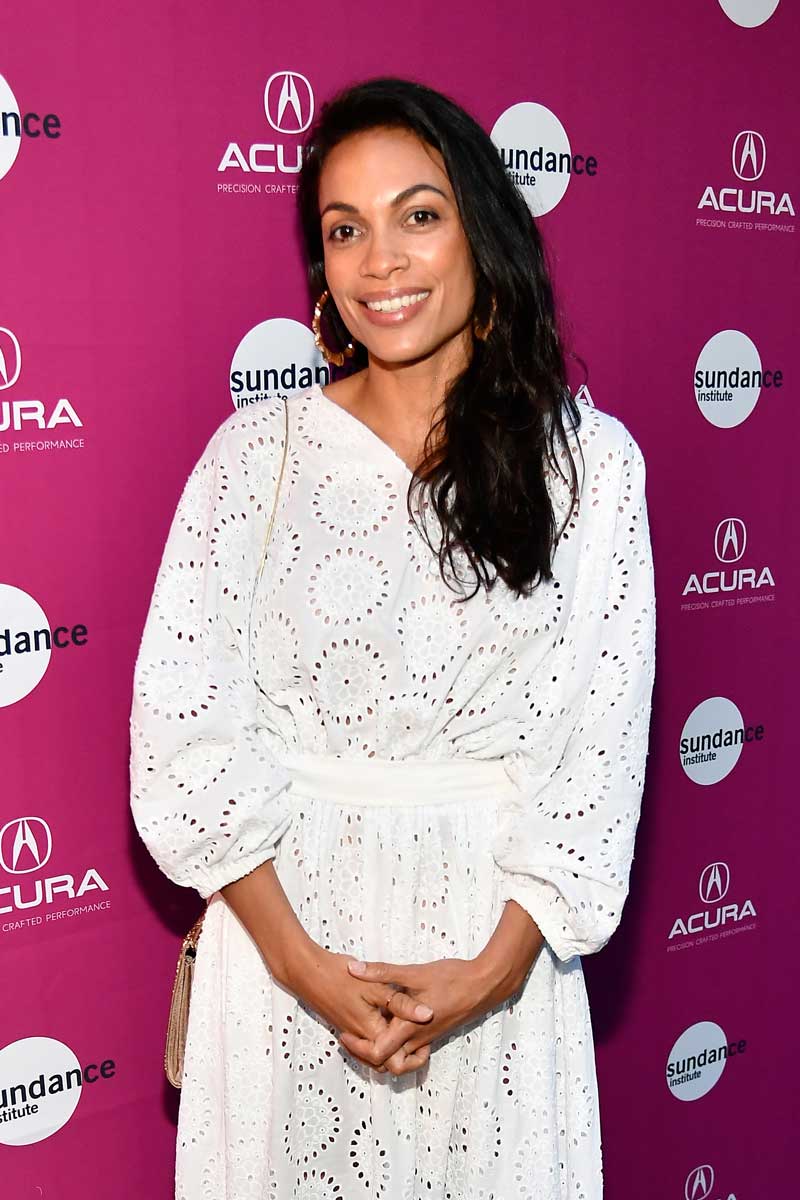
A Year of Green Milestones
Over the last year, many steps were taken in the right direction. As searches for sustainability-related keywords such as “vegan leather” and “organic cotton” rose by 66% on Lyst since 2018, brands such as Versace, Chanel, and Victoria Beckham made big announcements, while more and more events supporting the fashion movement took place around the world.
Mar 2018 - Donatella Versace stops using fur
Versace’s announcement generated more than 2,000 mentions on social media, with engagement and shares reaching 110K the following days. A year on, searches for the brand have gone up by 43%, helping the Italian house to be the sixth hottest brand in the Lyst Index for the past two quarters.
Apr 2018 - Fashion Revolution Week
Four years after its creation, the global fashion movement saw the biggest and loudest involvement to date. In 2018 alone, over 275 million people worldwide engaged with the event, taking to social media and generating over 173,000 social posts. In April 2018, the hashtag #whomademyclothes saw an increase of 35% YoY, and a total of 3,838 fashion brands — including retail giants Zara, Massimo Dutti, G-Star Raw and Marks & Spencer — shared information on their workers and suppliers with the hashtag #imadeyourclothes.
May 2018 - Copenhagen Fashion Summit
The annual event, which was first launched in 2009 and has since established itself as the world’s leading business event on sustainable fashion, took place in May and generated over 46.1K social impressions in less than 48 hours.
Sep 2018 - Burberry goes fur free
In the week following the announcement that Burberry would be going fur free, social mentions for the brand saw a huge spike of 4,500%. Riccardo Tisci’s Instagram post, hashtaged #mordernluxury, was responsible for over 188K social impressions and shares.
Sep 2018 - LFW goes completely fur free for the first time
Shortly after Burberry made waves in the industry, the British Fashion Council announced that none of the designers showing at London Fashion Week would be including fur in their collections. Meanwhile, Los Angeles became the largest city in the US to officially ban fur sales. Moments to be celebrated.
Sep 2018 - The Green Carpet Fashion Awards
Taking place in Milan during Milan Fashion Week, the Green Carpet Fashion Awards was attended by many celebrities, designers and industry insiders including Donatella Versace, Cindy Crawford, Anna Wintour and Cate Blanchett, who were all wearing sustainable looks. In less than 48 hours, searches for the event went up by 186%.
Dec 2018 - Chanel bans the use of fur and exotic skins in its designs
In December, Chanel announced that it would stop manufacturing products made from exotic skins, becoming the largest luxury fashion brand to ban these materials. After this announcement, searches for the brand went up by 20%. Just a few months later, Victoria Beckham followed suit by announcing that her brand would also stop the use of exotic skins.
Jan 2019 - The CFDA releases a guide to sustainable strategies
The Council of Fashion Designers of America took a stance on sustainability by releasing a 233 page-long report addressing the challenges currently faced by the fashion industry, as well as both established and emerging designers. In the same month, searches for “Sustainable Fashion” on Lyst saw an increase of 50% MoM.
Feb 2019 - The world's first Vegan Fashion Week takes place in Los Angeles
Animal rights activist Emmanuelle Rienda created the world's first Vegan Fashion Week. Taking place in Los Angeles over four days with the support of both PETA and Fashion Revolution, the event included a series of events, shows, talks and panels focused on animal rights and vegan fashion. Searches for Vegan Fashion Week went up by 132% during the event.
Feb 2019 - The BBC launches a flagship collection in partnership with Mother of Pearl
In February, the BBC and fashion brand Mother of Pearl announced the launch of a clothing collection inspired by BBC Planet. Created using “cutting edge sustainable production methods that will demonstrate how innovation and new technology can help us to reduce the impact of fashion on the planet,” its goal is to “promote a more positive, sustainable approach to fashion and raise awareness of the environmental issues that surround the industry.”
Looking Ahead
As celebrities like Emma Watson, Meghan Markle, and Pharrell Williams continue to champion sustainable fashion, and the fashion industry starts investing more in eco-friendly production methods, we are predicting that, by 2020, 10% of all fashion purchases on Lyst will be made with sustainability in mind. Buying sustainable fashion — and thus reducing the negative impact that clothes have on the environment — is also set to become easier.
While a few brands such as Reformation, Stella McCartney, Veja, and Nanushka are currently dominating this market, they have proven that customers do respond to strong ethics and values, leading the path and opening up new opportunities for new labels driven by the will to do better.